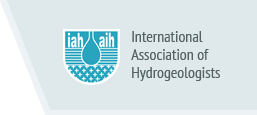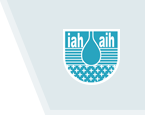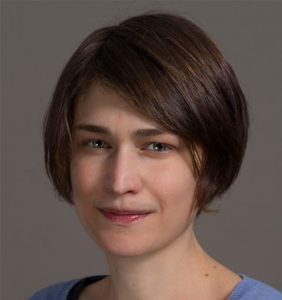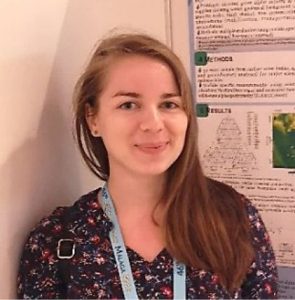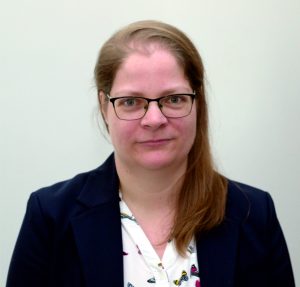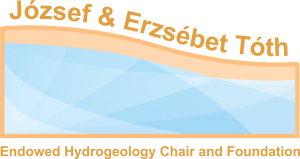RGFC Committee
Lifetime Honorary Chair
József Tóth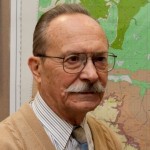
Department of Earth & Atmospheric Sciences
University of Alberta
Edmonton, Alberta, Canada
Posthumous Honorary Chair
José Joel Carrillo-Rivera † (1943 – 2024)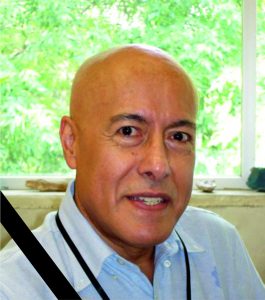
Researcher, Institute of Geography, National Autonomous University of Mexico (Mexico City, Mexico)
Chair
Judit Mádl-Szőnyi (DSc)

Full Professor, Department of Geology, Eötvös Loránd University (Budapest, Hungary)
Her research focuses on regional groundwater flow systems and their interactions with surface water, geothermal and hydrocarbon resources. She leads the Joe Tóth and Erzsébet Hydrogeology Lab (ELTE, Budapest, Hungary). This research team uses numerical modeling, geophysical and hydrogeochemical methods, and fieldwork to investigate groundwater dynamics, heat transport, and aquifer processes in complex geological settings such as sedimentary basins and karst systems. Her work addresses key issues including managed aquifer recharge, climate change impacts and the environmental effects of geofluid discharge. Framing these challenges within the context of regional groundwater flow, she advances understanding of flow processes across geological timescales and spatial scales to support sustainable water and energy resource management.
As Chair of the Regional Groundwater Flow Commission (RGFC) and a former collaborator of Professor Joe Tóth, she is fully engaged with the regional groundwater flow concept. She actively promotes diverse international participation to strengthen the Commission’s global impact in science and practice worldwide.
Secretary
Assistant Professor, Department of Geology, Eötvös Loránd University (Budapest, Hungary)
Her research focuses on the shallow subsurface, groundwater–surface water interaction, and groundwater-dependent ecosystems, emphasizing the role of groundwater flow systems. She investigates complex groundwater dynamics under climate change, managed aquifer recharge, regional hydraulic interactions, and geothermal resource evaluation in varied geologic settings.
As Secretary, her primary motivation is to promote international dialogue on regional groundwater flow theory and its practical applications. She believes that knowledge sharing and education can help to disseminate the concept widely.
Social Media Coordinator
Postdoctoral Researcher, Department of Earth Sciences “Ardito Desio”, University of Milan (Milan, Italy)
Dr. Petra Baják is an early-career researcher specializing in groundwater quality and flow dynamics. Her current research focuses on nitrate contamination of phreatic aquifers caused by agricultural activities, using spatial statistical methods.
She recently completed her PhD on the natural radionuclide content of groundwater as a drinking water quality concern. She has authored 12 peer-reviewed publications and has presented her research at several international conferences. Dr. Baják is passionate about interdisciplinary collaboration and aims to contribute to sustainable water resource management through innovative statistical approaches.
As a new member of RGFC, she is eager to engage with the scientific community and contribute to the global understanding of groundwater flow systems.
Co-Chair for North America
John Molson (PhD, Ing., P.Eng.)
Full Professor, Department of Geology and Geological Engineering, Laval University (Québec City, Canada)
His field of research is in hydrogeological modelling, specifically the development and application of numerical and analytical models, including simulation of reactive contaminant transport, heat transport, dissolution and biodegradation of hydrocarbons, density-dependent transport (ex saltwater intrusion, geothermal systems), aquifer protection and remediation, and cryo-hydrogeological modelling. Both porous and discretely-fractured porous media are of interest.
Dr. Molson is currently the North American co-rep for the RGFC of the IAH, and the Vice-President of the Canadian IAH Chapter (IAH-CNC). He has recently worked on provincial and national environmental committees for evaluating risks to groundwater resources form shale gas development. He promotes numerical modelling as a useful teaching tool (ex though the Flownet model being adapted for the Groundwater Project, and for process understanding.
🌐 Website
Co-Chair for Latin America
Alessia Kachadourian Marras (MSc)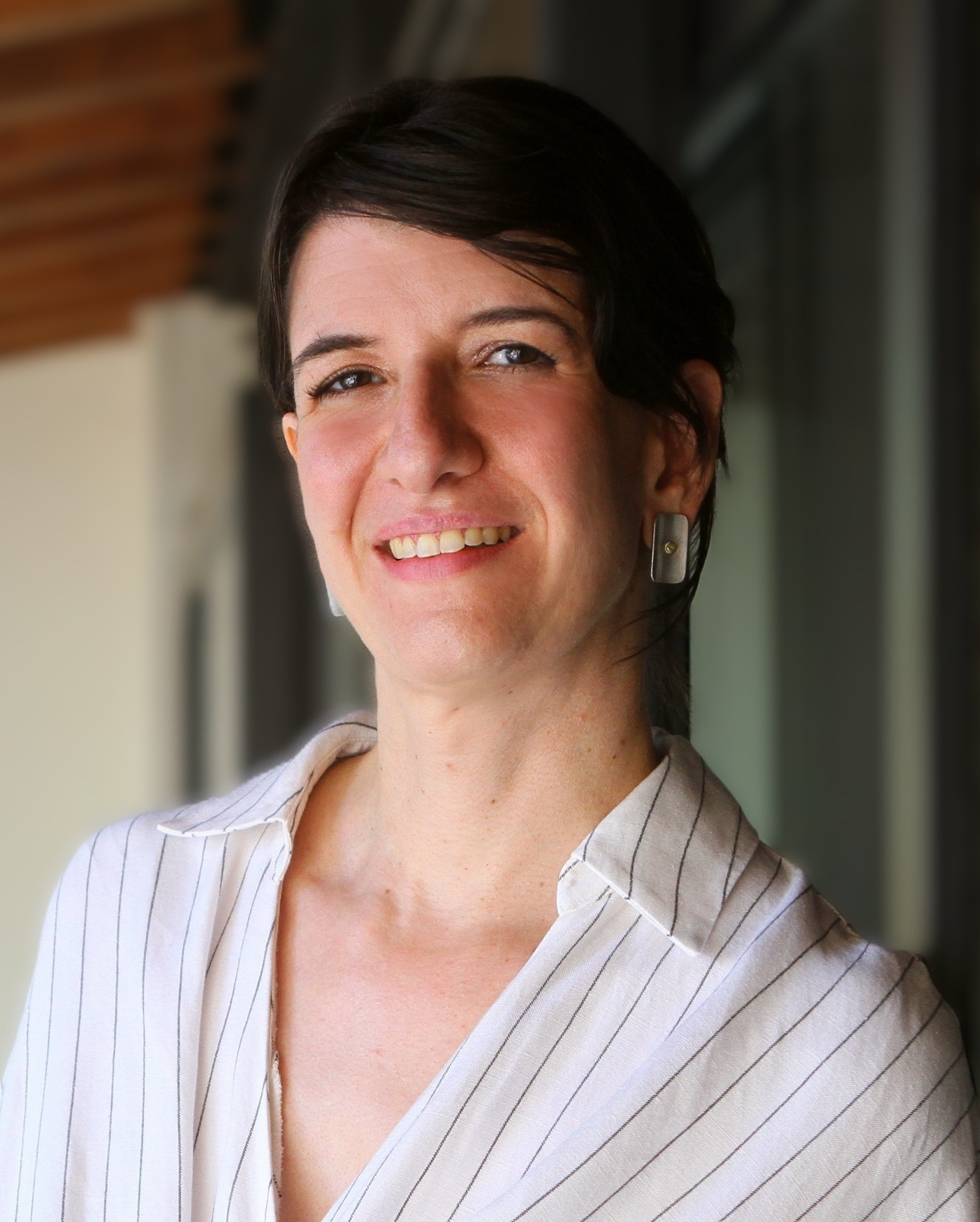
Hydrogeologist, Founder & Director of U-Flows, Mexico
Mexican hydrogeologist and environmental engineer with over fifteen years of experience in integrated water management, specializing in Regional Groundwater Flow Systems (RGWFS-Tóthian Theory). As founder and director of U-Flows (https://www.uflows.mx), a specialized groundwater management consulting firm, she transforms advanced hydrogeological knowledge into strategic solutions for groundwater wells and territorial management. She is the principal author of Mexico’s first Hydrogeological Map, a pioneering work internationally recognized.
As Council member of the RGFC of the IAH and Mexico’s delegate to the NGWA, she contributes to developing systemic hydrogeological methodologies. Her commission motivation is professionalizing RGWFS-Tothian Theory research and generating scientifically sound solutions through systemic understanding of territorial hydrogeological capacity to enable hydrological function regeneration. She received the 2021 Farvolden Scholarship from NGWA. Certified in impact assessment processes by IAIA.
Etienne Bresciani (PhD)
Researcher in Physical Hydrogeology, Universidad de O’Higgins, Chile
He investigates groundwater flow systems on different scales with a focus on understanding subsurface processes in complex terrains such as arid mountain basins, fractured rock aquifers, and coastal wetlands. His work integrates field data, hydrogeochemical analysis, and numerical modeling to study recharge-discharge dynamics, aquifer characterization, well hydraulics, and groundwater-surface water interactions. A core interest lies in improving groundwater model accuracy for sustainable water resource management under changing environmental and anthropogenic pressures.
Co-Chair for Europe
Hanneke Verweij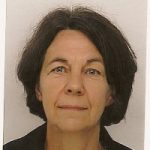
TNO, Netherlands Organisation for Applied Scientific Research (Utrecht, Netherlands)
A significant part of her research has focused on analyzing and modeling pressure and groundwater flow systems at the basin scale, with particular attention to their relevance in assessing natural resources such as groundwater, petroleum, and geothermal energy, as well as geological waste repositories. Inspired by Tóth’s concept of groundwater as a geologic agent, she integrates diverse data and approaches from across geoscience disciplines to improve the understanding of pressure and flow systems—especially those occurring beneath regional gravity-driven flow systems—in sedimentary basins.
She aims to contribute her expertise in both groundwater and petroleum geoscience to the Regional Groundwater Flow community through workshops, collaborative research, and publications. Her focus includes (1) flow systems in the deeper parts of sedimentary basins, particularly where regional gravity-driven systems interact with stress-related systems such as those from sedimentary or tectonic loading, and (2) the adaptation of petroleum geoscience tools and concepts to enhance hydrogeological characterization at broad spatial and temporal scales.
Assistant Professor, Department of Geology, Eötvös Loránd University (Budapest, Hungary)
Dr. Czauner investigates basin-scale groundwater flow systems and their role in controlling geofluid migration, including thermal water, hydrocarbons, and biogenic gases. Her work integrates numerical modeling and subsurface information to explore groundwater–energy resource interactions, and managed aquifer recharge, with a focus on the Pannonian Basin and confined carbonate systems.
She is passionate about encouraging international conversations on regional groundwater flow and how it’s applied in practice. She believes that sharing knowledge and teaching others is the best way to spread the Tóthian concept widely.
✉️ czauner.brigitta@ttk.elte.hu
Co-Chair for Asia
Xiao-Wei Jiang (PhD)
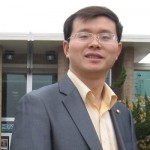
Professor and Vice Dean, School of Water Resources and Environment, China University of Geosciences (Beijing, China)
His research focuses on regional groundwater flow systems, exploring their dynamics and interactions with atmosphere, surface water, and subsurface environments. He uses analytical, numerical, and field-based methods to study flow system structure, flowing artesian conditions, and groundwater age distribution. His work also examines geochemical cycling of elements and isotopes in groundwater, contributing to improved understanding of groundwater resource behavior and management.
As a co-chair, his main goal is to advance and popularize the theory of regional groundwater flow by expanding its practical use. He focuses on research into 3D and transient groundwater flow systems, refining the theory with diverse methods. He also teaches this theory to undergraduate and graduate students to train new experts and promote its application. He and John Cherry published a book entitled “History and Hydraulics of Flowing Wells”. Additionally, he actively presents and organizes sessions at international conferences to raise global awareness and appreciation for regional groundwater flow. Through research, education, and outreach, he aims to drive progress and wider recognition in the field.
Co-Chair for Australia
Okke Batelaan (PhD)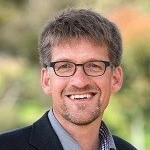
Strategic Professor, National Centre for Groundwater Research and Training, College of Science & Engineering, Flinders University (Adelaide, Australia)
Professor Batelaan has a broad experience in teaching integrated water resources management, groundwater hydrology, groundwater modelling, GIS and remote sensing for hydrological applications. He (co-)supervised to successful completion more than 200 students for their Master or PhD thesis. He has extensive research experience and a publication record in shallow groundwater hydrology and modeling, recharge-discharge estimation and modeling, urban hydrology and distributed modelling, ecohydrology and impacts of landuse and climate change on groundwater systems.
Regional groundwater flow systems research forms the original research interest of Okke Batelaan and keeps on driving research approaches and questions. He believes that a significant amount of work needs to be done to shift the groundwater research and management community’s focus from aquifer thinking to system thinking. He helps by supporting joint publications and meetings.
✉️ okke.batelaan@flinders.edu.au
🌐 Website

